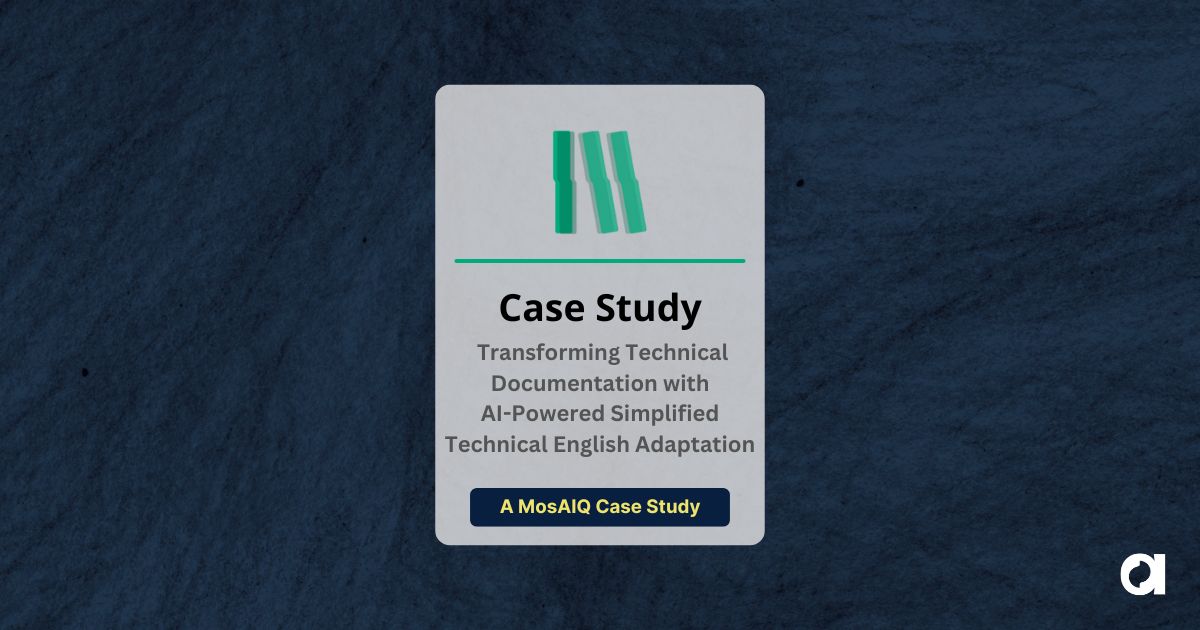A few years ago, something big happened to the Portuguese language. Although it’s a global language, spoken in 9 countries on four continents, Portuguese is now officially standardized.
Sort of.
How do you standardize a global language? And as a translator, how do you balance a standardized language with the diverse cultural contexts it’s spoken in?
CPLC Background
In 1989, the International Institute for the Portuguese Language was created out of a desire to bring together – culturally, politically and economically – countries whose official language is Portuguese. This organization later helped solidify the Community for Portuguese Language Countries (the CPLC).
In 1996, seven countries signed an agreement to officially create the CPLC: Angola, Brazil, Cape Verde, Guinea Bissau, Mozambique, Portugal, and São Tomé and Príncipe. East Timor joined when it gained independence in 2002, and Equatorial Guinea followed in 2014.
The main goals of the CPLC are the social, political and economic cooperation among Portuguese speaking countries. Most actions/goals are achieved in partnership with international organizations, non-governmental organizations and private institutions.
Why Standardize the Spelling?
The CPLC made several attempts at creating and enforcing a unified spelling agreement that would be valid in all countries, but it took almost two decades for this to come to fruition. The agreement was signed in 1990 by the then member countries (7). At the time, each country defined its own timeline for enforcing the agreement, but agreed that the CPLC should become official in each of the signatory countries by 2016.
The main goal of this agreement was to facilitate the cultural and scientific exchange between the signatory countries, and to expand the dissemination of the language and literature. The agreement affects only written language, not syntax or idioms. It does not eliminate all the spelling differences between each variation, but is considered a step in the direction of unifying the language among the member countries. For example, in Brazil and Portugal, the changes would only affect 0.8% and 1.3% of the words, respectively.
What this means for translation
The agreement is intended to bring the countries closer together, even though it will not affect the pronunciation and individual accents of each variation. Furthermore, each country still has its own individuality when it comes to idiomatic expressions and vocabulary in general. These variations can be quite distinct, especially when considering different cultural contexts. Portuguese as spoken in Brazil or an African country will be quite different from what is spoken in Portugal.
Translators working in Portuguese-speaking countries still find that localization and culturally-specific phrases don’t translate. So although spelling has been standardized, it’s still important for translators to know how language is used in each specific locale they’re hoping to translate into, and cater their translations to each specific target audience. This is just as important for informal texts (like marketing or movies) as for technical content (such as medical literature and technical manuals).
Examples:
MOVIES
When comparing how Portuguese is spoken between Brazil and Portugal, we notice that some of the expressions used in one country don’t translate or have a different meaning in the other.
For example, the movie My Big Fat Greek Wedding has two very different translations in those countries. In Brazil, it is closer to the original title (Casamento Grego, which literally means “Greek Wedding”). In Portugal, they were a bit more creative with the title: Viram-se Gregos para Casar, which includes an idiomatic expression. In Portugal, the expression “ver-se grego” (“to see oneself as Greek”), means having to overcome obstacles in order to achieve a goal. So it is really a very clever title.
Another example is Ferris Bueller’s Day Off. In Portugal, it is translated as O Rei dos Gazeteiros (“The king of the dropouts”), and in Brazil, it is Curtindo a vida adoidado (“Enjoying life like crazy”). The word “gazeteiro” exists in the Brazilian vocabulary but is not commonly used and a bit old fashioned.
Brazil vs. Portugal: Best Practices When Translating
Now that Portuguese spelling is (mostly) standardized in countries that speak it, translators have one less thing to worry about when crafting translations. But like most languages, culturally-specific variances and local expressions still retain their differences.
Most likely, translators will be working with either European or Brazilian Portuguese, so that’s what we’ve focused on below. Portuguese in African countries often adopts vocabulary, syntax, and cultural context from other local languages, so it’s vital that translators understand differences in syntax and vocabulary, as well as a region’s history (which affects language variations).
Phonetics:
The pronunciation of Brazilian and European Portuguese is very different. For a lot of words, European Portuguese does not pronounce the letter ‘e’ if it’s between two consonants. In Brazilian Portuguese, words with ‘di’ or ‘ti’ are generally pronounced like the English sounds of ‘gi’ and ‘chi’, for example.
Portuguese in African countries is often inflected by local languages, and Portuguese is more likely to be a second or third language for the population. Portuguese in Angola, for example, is influenced by 11 different local languages including Kimbundu. Its grammar is closer to European Portuguese, although its pronunciation is somewhere in between Brazilian and European Portuguese. On the islands of São Tomé and Principé, a Portuguese Creole is spoken that’s very different from the Creole spoken in the rest of the Gulf of Guinea.
Syntax:
The use of prepositions, pronouns, and gerunds is also completely different in each country. Portugal doesn’t use gerunds at all.
Examples:
|
|
Brazil |
Portugal |
|
Pronouns |
Me dá um abraço. |
Dá-me um abraço. |
|
Prepositions |
Vou na casa dela. |
Vou à casa dela. |
|
Gerund |
Está chovendo. |
Está a chover. |
Vocabulary:
The translations of simple words like ‘refrigerator’, ‘ice cream’, and ‘pedestrian’, in European Portuguese have completely different meanings in Brazil (refrigerated warehouse, cold, and pawn, respectively). Even the phrase used to answer the phone is different! In Brazil you say “Alô” which is equivalent to “hello?”. In Portugal, the phrase is ‘Está lá?”, the equivalent to “Are you there?”.
Health-related terms can also be a bit tricky. For example, if a medication label says that one of the side effects is ‘constipation,’ this word has two different terms in each variant of Portuguese. While Brazilian Portuguese translates it as ‘prisão de ventre’, European Portuguese translates it as ‘obstipação’. The Portuguese word ‘constipação’ is commonly known as nasal congestion in Brazil, which could be confusing. Another example is the word nitrogen, which in Brazilian Portuguese is ‘nitrogênio’, and in European Portuguese is more commonly known as ‘azoto’.
Best Practices:
Trying to unify the spelling of all Portuguese-speaking countries is not necessarily useful for localization. The two variations of Portuguese are not as similar to each other as the two variations of English, for example. Generally, any Portuguese speaker can roughly understand any written Portuguese text. Still, spoken language may pose a greater challenge, especially if the text is informal or highly dependent on localized references.
However, since there are so many nuances regarding syntax and semantics, a localized text still needs to be adapted to the specific Portuguese-speaking target audience. Keeping your target audience in mind will help you manage syntax, phonetics, and vocabulary. Localizing phrases–or being aware that many idioms don’t translate well–is also a vital part of the process.
 Argos Multilingual
8 min. read
Argos Multilingual
8 min. read
In recent years, the importance of inclusive language has gained more traction, and many have recognized the need to keep language inclusive across translation/localization initiatives. However, some languages present unique challenges regarding gender-neutral and inclusive language. In our March webinar, “Keeping Your Slavic Language Content Inclusive,” experts in translation and interpreting were invited to discuss […]

 Argos Multilingual
6 min. read
Argos Multilingual
6 min. read
Home to a whopping 213 million people, Nigeria is the most populated country in Africa and the 7th most populous country in the world. We wanted to take a deeper dive into the African SEO world as part of our iSEO video series, and were lucky enough to chat to Rejoice Ojiaku who walked us […]











